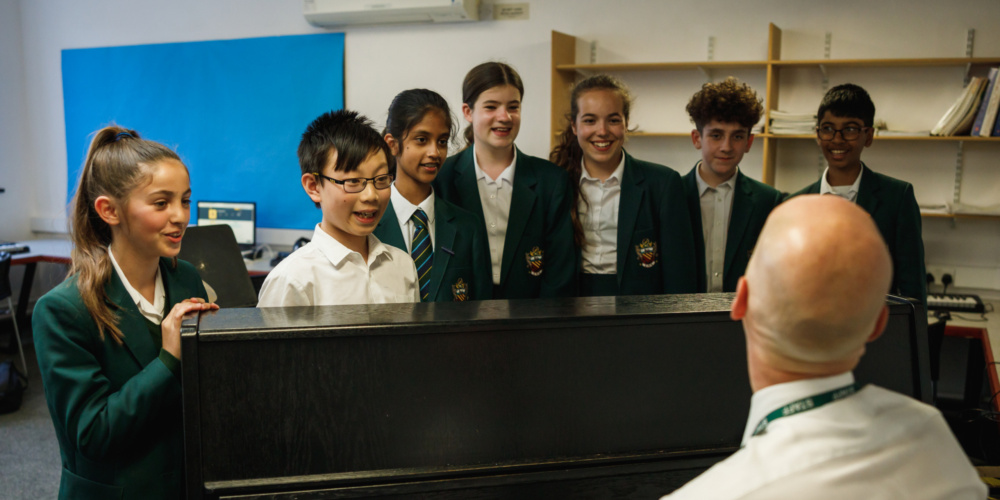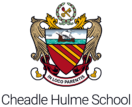Music GCSE Exam Information
GCSE
Course Content
GCSE Music is suitable for any and all students with a love of and interest in music. It is a particularly good option for those who already play an instrument or sing to a good standard as these skills count towards your final grade. Although there is no minimum standard required to start the course, please note that there is an expectation from the exam board that GCSE Music students are around grade III or IV standard (ABRSM/Trinity) by the end of Year 11 in order to access the top grades.
Studying Music to GCSE allows students to extend and develop their skills and knowledge in the key areas of Listening, Analysing, Composing and Performing. Students will find out more about different types of music, investigate how music is put together, write their own pieces and improve their performance skills both as a soloist and within an ensemble.
In addition to developing music based skills, students also develop many general skills such as independent learning, research, planning and problem solving. Music qualifications are highly regarded by colleges of further education and employers alike as musicians are trained to work methodically and to be self-disciplined.

Areas of Study and Set Works
Instrumental Music 1700 – 1820: Bach (Brandenburg Concerto No.5 in D major movement III) Beethoven (Piano Sonata Op.13 No.8 in C minor)
Vocal Music: Purcell (Music for a While) Mercury (Killer Queen)
Music for Stage and Screen: Schwartz (Defying Gravity from Wicked) Williams (excerpts from Star Wars Episode IV)
Fusions: Afro Celt Sound System (Release) Esperanza Spalding (Samba Em Prelúdio)
Course Structure
The course is divided into three main areas. Composition (coursework) is worth 30%, Performance (exam) is worth 30% and the final written examination based on the set works is worth 40%.
Reading and Resources
All students are provided with an anthology with contains all the set works, as well as a listening book, CD and revision guide. Copies of the course textbook which provide wider reading and listening opportunities can be found in the school library.
Exam Board: Edexcel



